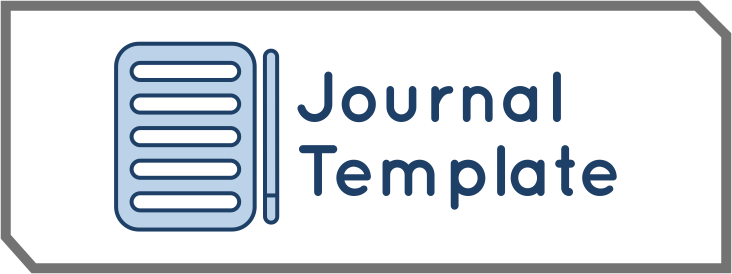Metode Efektif Mengajar Al-Quran dan Tajwid
DOI:
https://doi.org/10.61132/hikmah.v1i4.233Keywords:
Al-Qur'an, Tajwid, Learning Methods, Islamic Boarding SchoolsAbstract
Learning of the Qur'an and Tajweed is an important aspect of education in Islamic boarding schools, because it is the foundation in understanding Islamic teachings as a whole. One of the factors that greatly affects a student is the application of the learning method used by the teacher. With the Active learning method as one of the effective ways to teach the Qur'an and Tajweed in the Putra Islamic Boarding School Dormitory, this study uses a qualitative approach with the research object of 30 students who participated in the learning program for 40 days through data collected through direct observation, in-depth interviews with teachers and students, and analysis of documents related to the teaching and learning process.The results of the study show that the methods applied, such as the use of the Recitation method, and active learning which have succeeded in improving students' understanding of tajweed and reading skills of the Qur'an. This interactive and effective method involving group-based learning has a positive impact, which can be seen from the increase in students' confidence in reading the Qur'an. In addition, the results of the evaluation showed that students felt more comfortable, and interested and motivated to learn when using methods that involved social interaction.Thus, this study recommends the application of more innovative and comprehensive learning methods to increase the effectiveness of learning the Qur'an and Tajweed in Islamic boarding schools. It is hoped that this research can be a reference for pesantren managers in designing better learning programs and empowering students to master the Qur'an properly and correctly.
References
Ahmadi, A., & Uhbiyati, N. (2019). Ilmu pendidikan Islam: Transformasi dan aplikasi dalam pembelajaran Al-Qur'an. Jurnal Pendidikan Islam, 8(2), 201-218.
Fatimah, S. (2021). Implementasi metode pembelajaran inovatif dalam meningkatkan pemahaman siswa terhadap materi Pendidikan Agama Islam. Jurnal Pendidikan Islam, 12(2), 45-60.
Hosen, M. (2022). "Metode Pembelajaran Tajwid yang Efektif di Lingkungan Pesantren." Jurnal Pendidikan Agama Islam, 8(1), 27-39.
Lexy J. Moleong. (2020) ‘Metodelogi Penelitian Kualitatif’, Bandung, Remaja Rosdakarya.
Meyer, E. (2020). "The Role of the Qur'an in the Life of Muslims." International Journal of Islamic Studies, 15(1), 45-60.
Rahman, F., & Hidayat, A. (2020). Efektivitas penggunaan media digital dalam pembelajaran Al-Qur'an di era milenial. Jurnal Studi Islam Digital, 5(1), 78-95.
Nurhayati, E., & Sukardi, I. (2024). Pengembangan model pembelajaran Tajwid interaktif berbasis aplikasi mobile untuk santri generasi Z. Jurnal Inovasi Teknologi Pendidikan, 11(1), 87-104.
Sari, L. (2021). Peran dukungan keluarga dalam meningkatkan prestasi belajar santri. Jurnal Psikologi Pendidikan, 6(3), 201-215.
Syafei, I., & Syukri, A. (2021). Metode pembelajaran Al-Qur'an berbasis multiple intelligences: Studi kasus di pesantren modern. Jurnal Pendidikan Agama Islam, 18(2), 156-173.
Nasution, M. (2019). Ilmu Tajwid dan Penerapannya dalam Pembelajaran Al-Qur'an. Jakarta: Rajawali Pers.
Wahid, A., & Nur, M. (2022). Inovasi pembelajaran Tajwid melalui pendekatan blended learning di pesantren. Jurnal Teknologi Pendidikan Islam, 7(1), 45-62.
Zain, A. (2020). Analisis faktor penghambat pembelajaran Al-Qur'an di pesantren tradisional. Jurnal Studi Pesantren, 5(1), 45-60Lestari, F. (2019). "Inovasi Pembelajaran Al-Qur'an: Pendekatan Interaktif dan Teknologi." Jurnal Ilmu Al-Qur'an, 4(3), 102-112.






